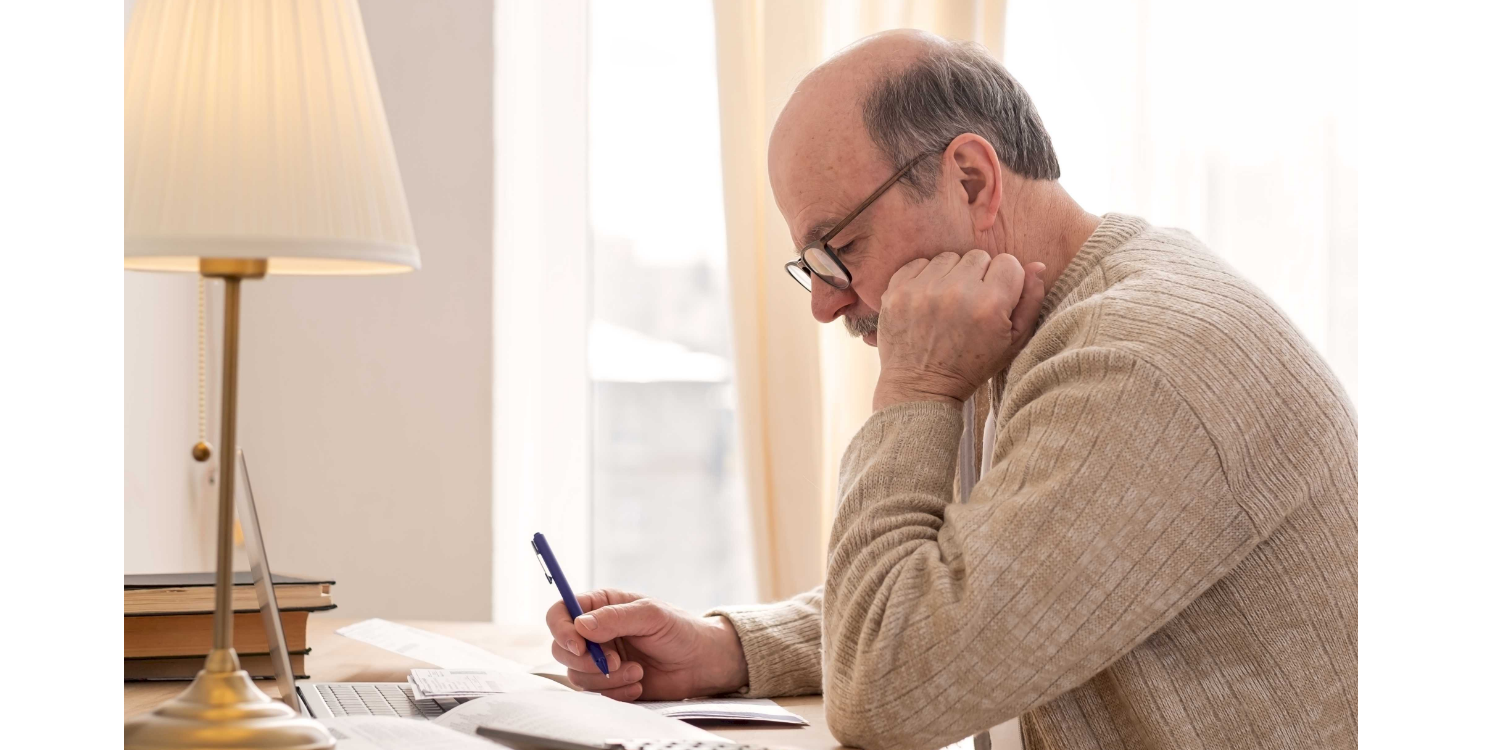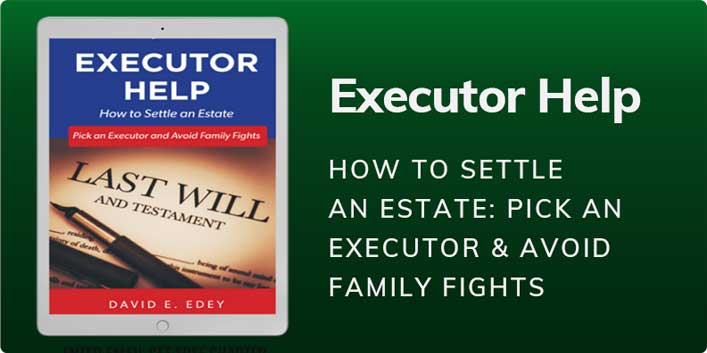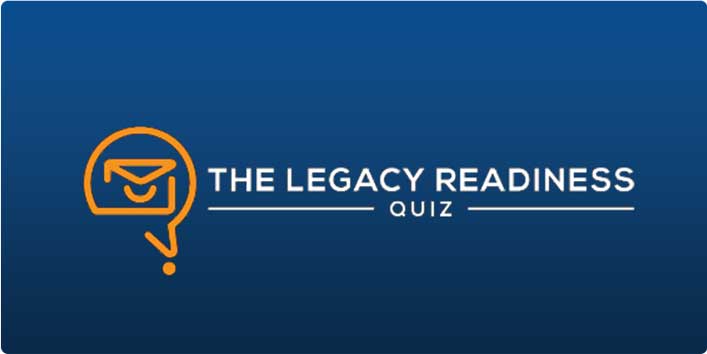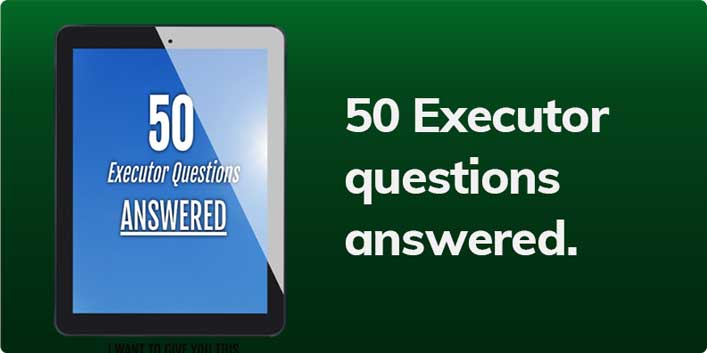- Home
- Becoming executor of estate
- Executor Duties
Three Executor of Estate Duties you Must do
I have been asked what are the important executor of estate duties you must do?
Let me tell you about Greg and Sara.
Greg never got along with his sister Sara. His dad made him co-executor and he wanted to complete the important executor of estate duties he had to do.
It was his goal to settle the estate as quickly as possible.
They were unable to agree on how to deal with their father's assets after his dad's death.
They fought, which led them each to obtain independent legal advice, which cost of each of them approximately $10,000.
Despite their difference they cannot get away from what has to get done.
1. Pay the Taxes
Greg and his Sara have to:
1. File the right kind of tax return
2. Pay the taxes on time
3. In Canada: you need to get the clearance certificate.
In the United States: to officially close an estate, you’ll need to work with a probate court to finalize the process.
This is one of the three main the executor of estate duties that you have to always keep in mind if you want to settle the estate with the least amount of stress and financial penalties, and without getting sued.

One of your best decisions at the beginning of the process is to hire a lawyer to handle legal documents and head off any potential conflict with impatient beneficiaries.
It does not take much before a beneficiary wants to go court. This can be due to:
- A disagreement over funeral arrangements
- Belief the executor is working too slowly
- Questions about how fit you are to be the executor
- Belief that the executor is undervaluing assets
- Belief that the executor is hiding something and not keeping record
You will also need a chartered accountant, to handle tax issues and keep the estate handling transparent, and a financial adviser to provide wealth preservation advice.
One of the most common reasons accusations arise is the belief that there has been mismanagement on the part of the executor. If you don’t disclose what you are doing, everyone suspects you of wrongdoing.
Secrecy is usually the biggest cause for family feuds, so be up front and transparent with everything you do.
Bringing an accountant into the mix when working as an executor will simplify your job.
The accountant makes sure the estate monies are properly handled and tax returns are properly prepared. Most importantly, they minimize your liability

The Other Important Executor Of Estate Duties You Must Do:
2. Distribute to the beneficiaries
As a general rule of thumb, the executor of estate duties should have you work toward wrapping up the estate within one year of the testator’s death.
You could be penalized, personally, if you take too long to get everything completed.
As executor, you assume a certain degree of personal liability when taking on the role.
This has to be understood by the beneficiaries. This is where open communication is very important.
Be up front with what is happening with the estate and how it is progressing. Leaving them out of the process can lead to needless tension, conflict, and sometimes legal action
3. Close the Estate
Before distributing all of the estate, as executor you should obtain a clearance certificate from the Canada Revenue Agency (CRA).
Getting a clearance certificate provides protection for the executor—it does not prevent the CRA from going back to the beneficiaries to get any additional tax that may be owed.
However, if you are the executor and the beneficiary, getting a clearance certificate may not be required. But when there is more than one executor and beneficiary, a clearance certificate should be obtained.
The final responsibility of the executor is the same in the United States—to officially close the estate.
This can only be done once all of the beneficiaries have received their legal property, and once taxes and other debts have been paid.
In order to officially close an estate in the United States, you’ll need to work with a probate court to finalize the process.
If you distribute all of the estate before receiving government clearance, you can be held personally liable for any additional taxes assessed against the estate.
The Executor Help Solution to the executor of estate duties you must do:
The biggest dangers and problems that cause stress:
• Do the job right the first time.
• File the estate’s tax return(s) and pay the right amount of taxes.
• Obtain a clearance certificate from Canada Revenue Agency or a judgment from the probate court in the U.S.
• Stay in communication with the beneficiaries on a regular basis so they know that once the tax issues are complete and you have the certificate, they can expect to receive their inheritance.
What you need to do:
• Create your initial team of professionals, which includes a lawyer.
• Find an accountant you feel comfortable working with and who is willing to talk with beneficiaries, if necessary.
• Gather up all the financial information the accountant will need to complete the tax returns professionally.
• Find a financial adviser to help you manage the assets until they are distributed.
How this helps you:
• You have a reliable professional who can not only do the tax returns and speak with beneficiaries, but also act as your voice when speaking with the government on all tax matters related to the estate.
- Home
- Becoming executor of estate
- Executor Duties






